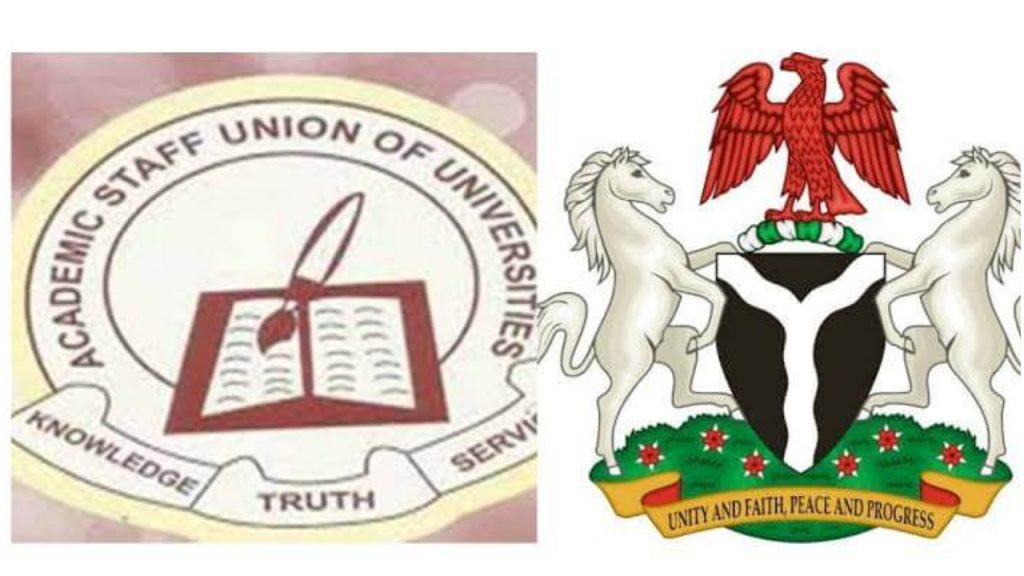

The Academic Staff Union of Universities (ASUU) has commenced negotiations with the Federal Government as its two-week warning strike enters its seventh day, leaving academic activities across public universities at a standstill.
The union, in a new bulletin issued over the weekend, revealed that initial discussions have shown signs of progress on several contentious issues that triggered the latest industrial action.
According to ASUU, the talks have touched on key demands including the release of withheld third-party deductions, payment of outstanding promotion arrears, and the mainstreaming of earned academic allowances into lecturers’ salaries.
The union also noted that the federal authorities have begun addressing long-standing disputes such as land ownership issues at the University of Abuja and the alleged victimization of ASUU members in select institutions across the country.
While these early steps have been described as “encouraging,” the union maintains that concrete commitments are needed before any decision can be made to suspend the strike. ASUU leadership has urged its members nationwide to remain united and steadfast until the federal government fulfills its promises in writing.
The two-week warning strike, which began last week, has already paralyzed academic operations in Nigeria’s federal and state universities, disrupting lectures, examinations, and research activities. It marks the latest chapter in the ongoing saga between ASUU and successive governments over funding, staff welfare, and university autonomy — disputes that have plagued Nigeria’s tertiary education system for decades.
Students, once again caught in the middle of the impasse, have expressed frustration as uncertainty looms over the resumption of classes. Many took to social media platforms like X to lament the frequent disruptions that have characterized their academic journeys, calling on both parties to reach a lasting resolution.
Observers note that the ongoing talks could determine whether ASUU escalates the strike into a full-blown industrial action, a move that would further extend the academic calendar and deepen the crisis within Nigeria’s public universities.
This latest confrontation underscores the chronic underfunding and administrative neglect that continue to cripple higher education in Africa’s most populous nation. Despite repeated government assurances, university staff salaries and infrastructure remain grossly inadequate, while unresolved issues from past agreements linger.
As the warning strike reaches its midpoint, hopes are high that the negotiation table will finally yield a breakthrough — one that not only restores learning but also begins to heal the long-festering wounds in Nigeria’s university system. For millions of students, lecturers, and parents, the outcome of these talks could determine whether the next semester resumes in peace or protest.


